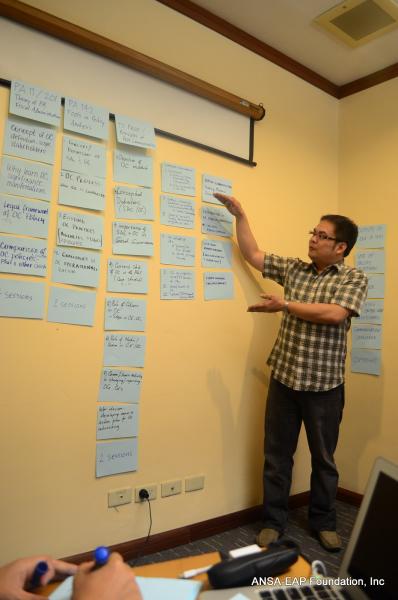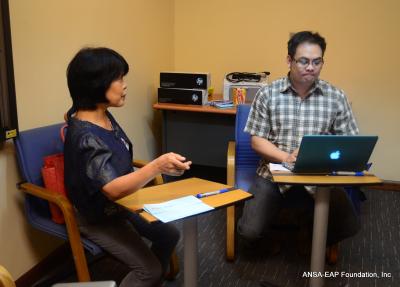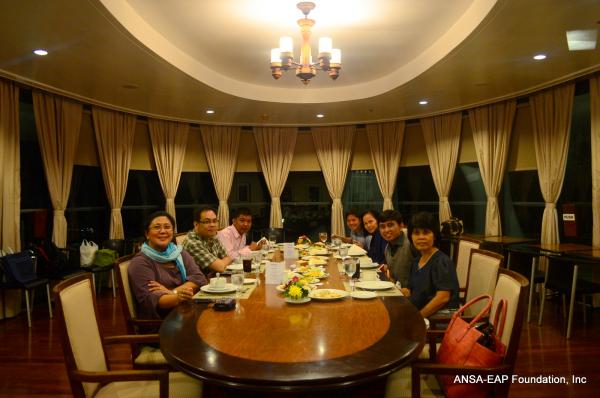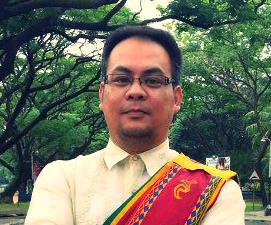Last year, I participated in a writeshop sponsored by the Affiliated Network for Social Accountability-East Asia and the Pacific (ANSA-EAP) and The World Bank Institute (WBI). It was held during a november weekend in Antipolo City. As one of five discussants, my main task was to develop a course for Political Science undergraduates that integrates the ideas of Social Accountability (SAc) and Open Contracting (OC) into the existing political science course syllabi. Fortunately, I was handling a class on Philippine National and Local Administration (POLSC 150) and Philippine Government and Politics (POLSC 14). Needless to say, SAc and OC were very relevant to these courses.



(Photos from the ANSA-EAP Foundation, Inc.)
Open contracting refers to norms and practices for increased disclosure and participation in public contracting. It covers the whole contracting chain from planning to finalization of contract obligations, including tendering and performance. It includes the variety of contract types, from more basic contracts for the procurement of goods to complex contracts, joint venture agreements, licenses and production sharing agreements. Open contracting encompasses all public contracting, including contracts funded by combinations of public, private and donor sources (http://www.open-contracting.org/about).
In short, open contracting, through citizens engagement, encourages transparency in government and citizens participation in order for government to be more accountable to citizens, and more responsive to their needs.
After the writeshop and the implementation of the resulting modules, I was interviewed by the OC Project Coordinator, Mr. Chad Osorio, about my insights and the lessons that I gathered from the activity. The interview was published as a feature in the OC Community Website. Here are my "two cents" about the whole experience.
Having an advocacy truly enriches learning. I hope that as students go through the everyday toils of academic life, they will be able to choose and pursue an advocacy they are interested in and feel passionate about. The challenge is to make relevant the things that are learned in class in order to find ways to solve the problems that confront us.


